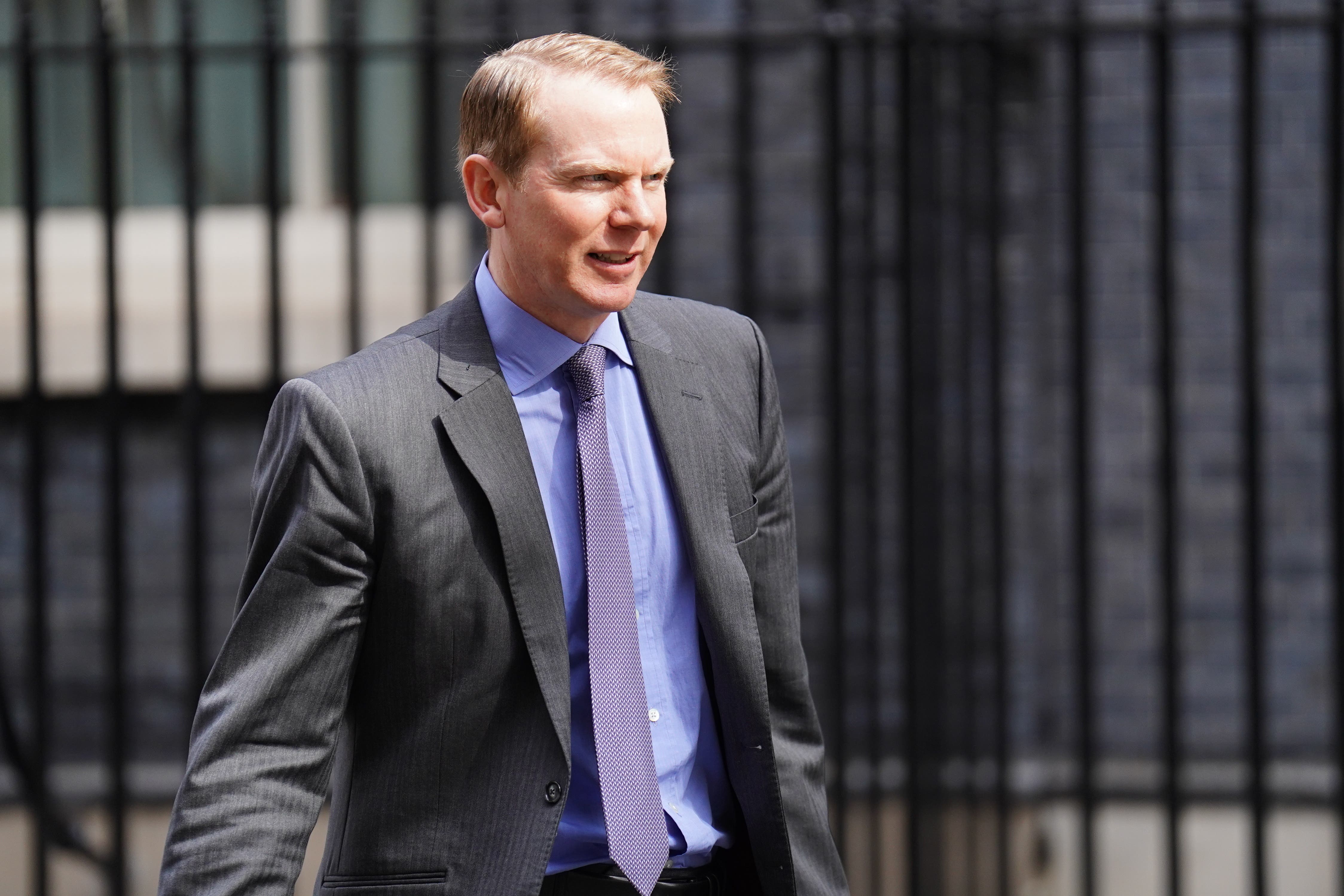Lloyds Banking Group boss has ‘no concerns’ about de-banking policies
Charlie Nunn’s remarks follow the resignation of NatWest Group’s chief executive, Dame Alison Rose, amid a debate over bank account closure rules.

Your support helps us to tell the story
From reproductive rights to climate change to Big Tech, The Independent is on the ground when the story is developing. Whether it's investigating the financials of Elon Musk's pro-Trump PAC or producing our latest documentary, 'The A Word', which shines a light on the American women fighting for reproductive rights, we know how important it is to parse out the facts from the messaging.
At such a critical moment in US history, we need reporters on the ground. Your donation allows us to keep sending journalists to speak to both sides of the story.
The Independent is trusted by Americans across the entire political spectrum. And unlike many other quality news outlets, we choose not to lock Americans out of our reporting and analysis with paywalls. We believe quality journalism should be available to everyone, paid for by those who can afford it.
Your support makes all the difference.The boss of Lloyds Banking Group has insisted he is not concerned about pressure on UK banks to change de-banking policies, amid the row sparked by Nigel Farage over the forced closure of his Coutts bank account.
Charlie Nunn’s remarks follow the overnight resignation of NatWest Group’s chief executive, Dame Alison Rose, after she admitted being the source of an inaccurate story published by the BBC.
Mr Nunn, Lloyds Banking Group’s chief executive, said the British banking giant does not consider a customer’s political or personal beliefs when deciding to shut an account.
It primarily looks at the risk of financial crime, he stressed.
At this stage, I have no concerns that the Government, or what we're being asked to do, conflicts with our ability to protect the UK economy and customers from economic crime
“Our policy is really clear. We don’t include looking at political beliefs, or personal beliefs, as part of that policy”, he said.
“At this stage, I have no concerns that the Government, or what we’re being asked to do, conflicts with our ability to protect the UK economy and customers from economic crime.”
It follows the Treasury announcing last week that it was tightening the rules for banks over forced account closures, and will require them to give customers the rationale for doing so.
Economic secretary to the Treasury Andrew Griffith is meeting with bosses of the UK’s major banks on Wednesday morning to discuss concerns related to customers’ “lawful freedom of expression”.
Mr Nunn said he would not be able to attend the meeting himself because it conflicts with Lloyds’ reporting its half-year financial results.
But the bank chief said he was not worried about the new regulations, nor over proposed changes to the treatment of politically exposed persons (PEPs) – which Nigel Farage argued he was viewed as such by private bank Coutts.
We know which society we’re supporting, we know our role in society, and we take it very seriously
“I’m comfortable that our policy today applies the current regulations well, and we’ll welcome and look at the other outcomes from the process the Government kicks off”, he said.
Extra “due diligence” around PEPs will not be an issue for the bank, he added.
Furthermore, the boss of the UK’s biggest lender indicated that he felt there does not need to be wholesale change across the sector.
He said: “In terms of lessons from the current environment… financial services is core to how the economy operates, it’s a hugely important service for the economy, for people’s everyday lives, and it’s politically very important.
“We know which society we’re supporting, we know our role in society, and we take it very seriously.”
Dame Alison Rose, the chief executive of NatWest Group, which owns Coutts, resigned on Tuesday night after recognising that she made a “serious error of judgment” in discussing Mr Farage’s relationship with the bank.
On her departure, Mr Nunn said: “I really respect Alison as a role model in financial services.”